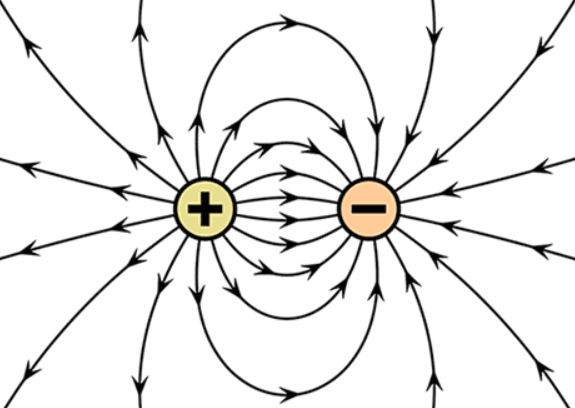1. What is the Electric Charge Unit Converter?
Definition: This converter transforms electric charge values between various units. Electric charge measures the amount of electricity in a system, typically in coulombs (C).
Purpose: Useful in physics, electronics, and chemistry for converting charge units in applications like circuit design, electrochemistry, and particle physics.
2. How Does the Converter Work?
The converter uses conversion factors relative to the base unit coulomb [C]:
- Input value is converted to C by dividing by the "From" unit's factor.
- The result is converted to the "To" unit by multiplying by the "To" unit's factor.
Supported units:
- coulomb [C] (Factor: 1.00000)
- megacoulomb [MC] (Factor: 1.0000e-6)
- kilocoulomb [kC] (Factor: 0.00100)
- millicoulomb [mC] (Factor: 1000.00000)
- microcoulomb [uC] (Factor: 1000000.00000)
- nanocoulomb [nC] (Factor: 1000000000.00000)
- picocoulomb [pC] (Factor: 1000000000000.00000)
- abcoulomb [abC] (Factor: 0.10000)
- EMU of charge (Factor: 0.10000)
- statcoulomb [stC] (Factor: 2997924579.99960)
- ESU of charge (Factor: 2997924579.99960)
- franklin [Fr] (Factor: 2997924579.99960)
- ampere-hour [A*h] (Factor: 2.7778e-4)
- ampere-minute [A*min] (Factor: 0.01667)
- ampere-second [A*s] (Factor: 1.00000)
- faraday (based on carbon 12) (Factor: 1.0364e-5)
- Elementary charge [e] (Factor: 6241506363093999616.00000)
Steps:
- Enter the value to convert.
- Select the "From" unit (the unit of the input value).
- Select the "To" unit (the desired output unit).
- Submit to perform the conversion.
- Results are formatted to 5 decimal places, with scientific notation for values less than 0.001.
3. Importance of Electric Charge Conversion
Electric charge conversion is critical for:
- Physics: Calculating forces in electromagnetic fields.
- Electronics: Designing capacitors and batteries.
- Chemistry: Electrolysis and Faraday's laws.
4. Using the Converter
Example 1: Convert 1 ampere-hour to coulomb:
- Input: 1
- From Unit: ampere-hour [A*h] (factor: 0.00027778)
- To Unit: coulomb [C] (factor: 1)
- Calculation: \( 1 / 0.00027778 \times 1 \approx 3600 \)
Result: 3600 coulomb
Example 2: Convert 1 elementary charge to coulomb:
- Input: 1 [e]
- From Unit: Elementary charge [e] (factor: 6.24151e+18)
- To Unit: coulomb [C] (factor: 1)
- Calculation: \( 1 / 6.24151e+18 \times 1 \approx 1.60218e-19 \)
Result: 1.6022e-19 coulomb
5. Frequently Asked Questions (FAQ)
Q: What is electric charge?
A: Electric charge is a fundamental property of matter that causes it to experience forces in electromagnetic fields, measured in coulombs (C).
Q: Why are there different units for electric charge?
A: Different systems (SI, CGS, electromagnetic units) and scales (from elementary charge to megacoulomb) are used in various fields for convenience.
Q: How are coulomb and ampere-hour related?
A: One ampere-hour is equal to 3600 coulombs.
Q: Can this converter be used for all electric charge scenarios?
A: Yes, it converts units of electric charge, applicable to any scenario involving quantity of electricity.
Electric Charge Unit Converter@ - All Rights Reserved 2025
 Home
Home
 Back
Back
